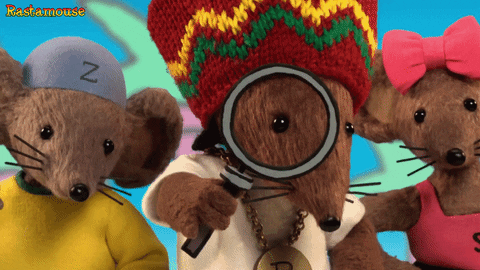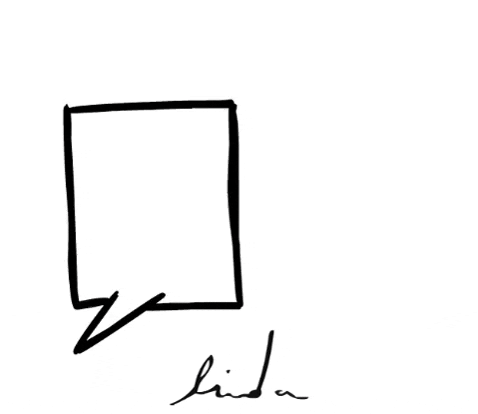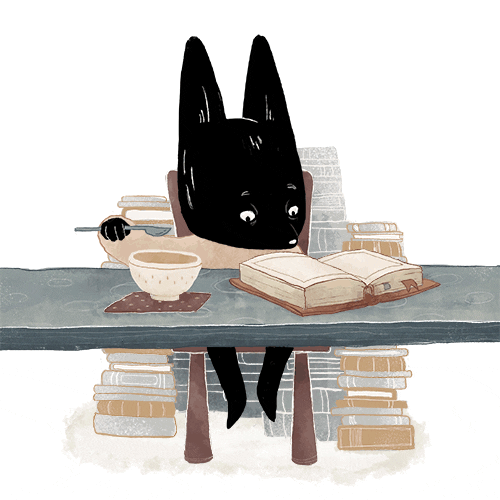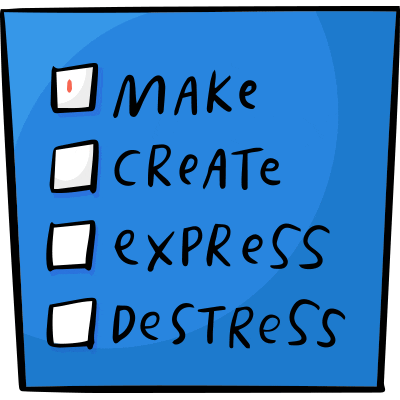The Guyana Annual 2020 Folklore Edition

The Guyana Annual 2020 Folklore edition is finally bringing the curtain down on our competitions after many election and COVID-19 inspired extensions. As a parting gift we’ve put together these 4 tips on doing research, to give you that extra push to get those masterpieces over the finish line!
Often, in times of crisis, creatives are at their most productive, using their art to cope. However, the opposite is also very true. Uncertainty can often leave others feeling overwhelmed and unmotivated.
Regardless of which category you fall into, we hope these tips will help. Let’s get into them.
1. Talk to Your Elders

The one thing that every Guyanese can attest to is that blackout brings the family together. It was often a time that stories were shared, especially “jumbie” stories. The lockdown is kind of like a giant blackout, so use this time at home as an opportunity to ask your elders about some of the Guyanese stories and traditions that they know and get inspired. It doesn’t only have to be “jumbie” stories (although we welcome your take on that), it can also be sayings, traditions or practices. If your significant elders don’t live with you, give them a call and have a “gyaff” – I’m sure they will love the opportunity to share!
2. Read folklore inspired literature, articles and essays

From Mittelholzer’s Guyanese staple “My Bones and My Flute” to Mc Andrew’s prolific poem “Ole Higue”, Paloma Mohamed’s “The Massacura Man” and Imam Baksh’s “Children of the Spider” and “The Dark of the Sea” (all available on Amazon), there are many local books that can feed your imagination. You can also take part in the ancient practice known as reading the papers! All of the big four have excellent culture and feature sections that contain a treasure trove of information. What’s even better, many of them have made their e-paper archives freely available online. To narrow your search you can focus on combing through their Sunday Magazines or Special Features. Try: Chronicle’s: “Pepperpot”, Kaieteur’s: “Sunday Edition” and “Murder and Mystery Feature”, Stabroek’s “Arts on a Sunday” and “So It Go” and Guyana Times’ “Sunday Magazine”.
Remember, folklore doesn’t only refer to Guyanese myths and legends but also our traditional beliefs, customs, and stories, passed through generations by word of mouth. (Oxford Dictionary, 2020)
2. Listen or Sing Guyanese Folk Songs

Throw it back to Primary school days and listen and re-acquaint yourself with Guyanese folk songs. We found The Emmel Singers – Bamboo Fire And Other Folk Songs Of Guyana on YouTube or you can listen to Gavin Mendonca’s versions on his YouTube channel Creole Rock.
These songs can set your creative energy on fire! Possibilities are endless, from envisioning the story behind a particular song or even imagining that you are trapped in one!
2. Google It!

When all else fails Google “Guyanese Folklore” or “Guyana Folklore” – you will be pleasantly surprised at all the information that exists online. Don’t only limit yourself to literature and essays, explore folklore inspired art and movies. One movie you can check out is the 50th Jubilee Production of “The Ole Higue”.
Bonus Tip: HAVE FUN WITH IT!

Create your piece(s) and enter The Guyana Annual 2020 Folklore Edition Competitions! Find out more at theguyanaannual.com/competitions. Deadline is April 30, 2020. We can’t wait to see what you come up with! Now go forth and create!
Before we go, A Word on Plagiarism
As creatives, we all draw inspiration from our environment and each other. However, there is a difference between being inspired by someone’s work and copying it or incorporating it into your work without their permission – that is called plagiarism. Plagiarism is defined by Oxford Resources as “presenting someone else’s work or ideas as your own, with or without their consent, by incorporating it into your work without full acknowledgement. All published and unpublished material, whether in manuscript, printed or electronic form, is covered under this definition. Plagiarism may be intentional or reckless, or unintentional.” To learn more about plagiarism you can check out Oxford Students : Plagiarism or plagiarism.org. Think you’ve got plagiarism covered? Take the Turn It In Plagiarism Quiz to find out!
